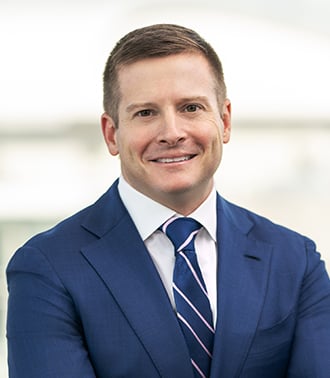Splitting Causation: First Circuit Sets the Stage by Accepting Anti-Kickback Appeal
The U.S. Court of Appeals for the First Circuit may soon contribute to a widening circuit split over the issue of what causation standard under the Anti-Kickback Statute (AKS) triggers liability under the False Claims Act (FCA).
On November 17, 2023, the First Circuit granted the defendant's petition to appeal the summary judgment ruling in United States v. Teva Pharm. USA Inc., No. 20-11548-NMG, 2023 WL 4565105 (D. Mass. July 14, 2023). The First Circuit, noting that it expressed "no view as to relevant legal issues," acknowledged that an "immediate review" of the Massachusetts district court's ruling was in order.
The First Circuit's decision could widen the growing circuit split on the issue of what is required under the FCA for a claim to be false because it "resulted from" a violation of the AKS. Under the AKS, "a claim that includes items or services resulting from a violation … constitutes a false or fraudulent claim" under the FCA. 42 U.S.C. § 1320a-7b(g). As we blogged previously, the defendant in Teva relied on the Sixth and Eighth Circuits’ causation standard, which requires "but-for" causation between an alleged kickback violation and a specific claim to establish liability under the FCA. The government argued for application of the First Circuit's causation standard, which instead only requires a "sufficient causal connection" between a violation and a claim. Guilfoile v. Shields, 913 F.3d 178, 190 (1st Cir. 2019) (citing U.S. ex rel. Greenfield v. Medco Health Sols., Inc., 880 F.3d 89, 98-98 (3d Cir. 2018)).
Though the district court ruled in favor of the government, holding that "[t]he government need not prove 'but for' causation," it ultimately certified that its ruling "involves a controlling question of law as to which there is substantial ground for difference of opinion" and that an "immediate appeal from the order" could “materially advance the ultimate termination” of the litigation. Now we wait to see how the First Circuit will handle this issue.
© Arnold & Porter Kaye Scholer LLP 2023 All Rights Reserved. This blog post is intended to be a general summary of the law and does not constitute legal advice. You should consult with counsel to determine applicable legal requirements in a specific fact situation.


